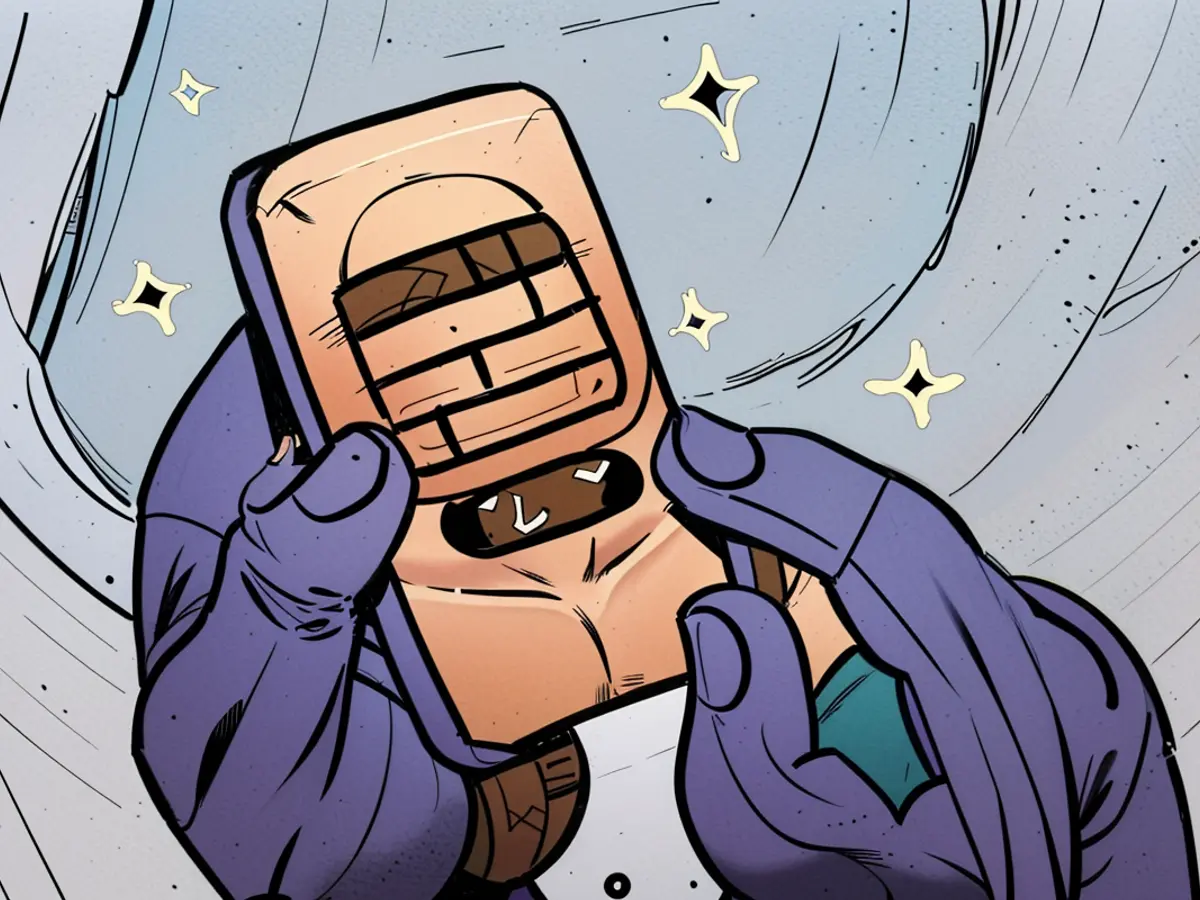The 'One Tool' Method Makes Cleaning More Efficient
There are a ton of cleaning techniques out there and while they have some commonalities, they're all their own thing—which is important. When you're cleaning your home and endeavoring to keep it clean by creating a schedule and staying on top of maintenance tasks, you shouldn't be using the same approach every time; you'll get bored and lose motivation. Rotating between different techniques every few weeks will keep the otherwise-tedious task at least a little fresh—and the "one tool" method is a great one to start incorporating into your tidying schedule.
What is the "one tool" cleaning method?
I found this one while browsing Apartment Therapy, so shoutout to author Shifrah Combiths for coming up with a technique that feels innovative and unique. This approach relies on some of the classic cleaning advice I love (like not trying to do everything at once) but turns it slightly on its head: Where you'd usually tackle one zone at a time, moving from area to area over the course of a few days, try tackling one task at at time. When using the "one tool" framework, you'll be breaking one of my cardinal rules, which is not jumping from room to room during one day's scheduled cleaning time, but you'll be introducing a new kind of efficiency by not having to get the same tools out day after day.
How to use the "one tool" cleaning method
First, you'll still by relying on the basics I'm always harping on, scheduling a consistent time to clean every day and limiting yourself to small periods of time. If you try to clean too much for too long on a given day, you'll get overwhelmed. Remember that the task of cleaning and maintaining your home is a marathon, not a sprint, so you can (and should) work on it a little bit every day, not try to do everything at once. Employ the principles of time blocking and time boxing here, designating a set amount of time (15 to 30 minutes) in your daily schedule for cleaning, then committing to doing nothing but cleaning during that time and stopping when your time is up so you stave off the feeling of being overwhelmed.
Here's where I'd normally suggest choosing one area to clean each day, but instead, when using "one tool," you'll really be doing just that: picking one tool. The first day, it could be the vacuum. The second day, it could be the mop. The third day, it could be disinfectant or the duster or the power scrubber ... you get the picture. Whatever you pick on a given day, get it out, get it ready, and take it around your home, using it wherever it's needed.
You shouldn't use this approach all the time, but sprinkle it in every few weeks as a way to shake up the routine. It's an efficient approach because it prevents you from having to dig the vacuum, mop, or whatever other tool out every few days whenever you're dealing with a new room. Instead, you take it out once and focus entirely on using it, dedicating all your energy on that day to using the tool. Getting yourself in the zone with the sponge or the duster will engage you with it, making you more effective.
Rotate this method with another one, like the 5x5 decluttering technique, to make sure you're constantly decluttering and actually cleaning. Over time, doing all of these consistently will make it so you're not always cleaning a mess, but rather maintaining the absence of mess.
In the world of home cleaning, the "one tool cleaning method" is a unique approach that was popularized by Shifrah Combiths on Apartment Therapy. Instead of focusing on cleaning one area at a time, this method encourages individuals to choose one cleaning tool, such as a vacuum or mop, and use it throughout the home on a specific day, ensuring efficiency and engagement with that particular tool.
To keep your home cleaning routine fresh and engaging, consider incorporating the "one tool" method into your tidying schedule every few weeks, alternating it with other effective techniques like the 5x5 decluttering technique. This rotating approach will help you maintain a clean home by consistently decluttering and focusing on different aspects of cleaning.








